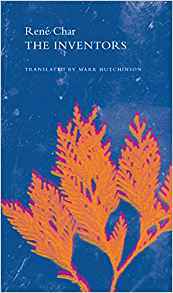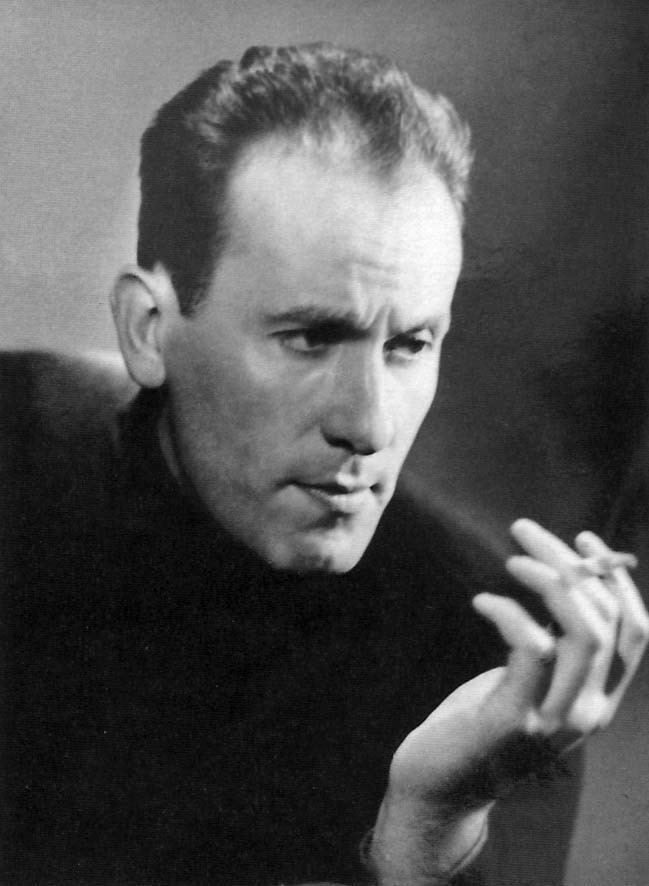
One of the foremost poets of the French Resistance, René Char has been hailed by Donald Revell as “the conscience of modern French poetry.” Translated by Mark Hutchinson, The Inventors is a companion volume to Char’s critically acclaimed Hypnos. It gathers more than forty poems that represent a cross-section of Char’s mature work, spanning from 1936 to 1988. All three genres of Char’s work are represented here: verse poems, prose poems, and the abrupt, lapidary propositions for which he is best known. These maxima sententia combine the terseness of La Rochefoucauld with the probing and sometimes riddling character of the fragments of Heraclitus. The Inventors includes a brief introduction to Char’s life and work, as well as a series of notes on the backstories of the works, which explain allusions that may not be immediately familiar to the English-speaking reader. These new translations stay true to the originals, while at the same time conveying much of the music and beauty of the French poems. Praise for René Char “Char, I believe, is a poet who will tower over twentieth-century French poetry.”—George Steiner
Author

René Char spent his childhood in Névons, the substantial family home completed at his birth, then studied as a boarder at the school of Avignon and subsequently, in 1925, a student at L'École de Commerce de Marseille, where he read Plutarch, François Villon, Racine, the German Romantics, Alfred de Vigny, Gérard de Nerval and Charles Baudelaire. His first book, Cloches sur le cœur was published in 1928 as a compilation of poems written between 1922 and 1926. In late November 1929, Char moved to Paris, where he met Louis Aragon, André Breton, and René Crevel, and joined the surrealists. He remained active in the surrealist movement through the early 1930s but distanced himself gradually from the mid-1930s onward. Throughout his career, Char's work appeared in various editions, often with artwork by notable figures, including Kandinsky, Picasso, Braque, Miró, Matisse and Vieira da Silva. Char was a friend and close associate of Albert Camus, Georges Bataille and Maurice Blanchot among writers, Pablo Picasso, Joan Miró, Nicolas de Staël, Georges Braque and Victor Brauner among painters. He was to have been in the car involved in the accident that killed both Camus and Gallimard, but there was not enough room, and returned instead that day by train to Paris. The composer Pierre Boulez wrote three settings of Char's poetry, Le Soleil des eaux, Le visage nuptial, and Le marteau sans maître. A late friendship developed also between Char and Martin Heidegger, who described Char's poetry as "a tour de force into the ineffable" and was repeatedly his guest at La Thor in the Vaucluse.